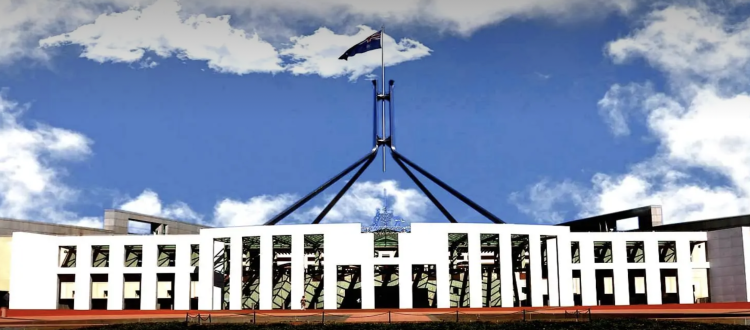AUSTRALIAN COURT AGAINST THE FUTURE OF THE YOUNGER GENERATION
In a recent ruling, the Australian Federal Court ruled on the state’s responsibility to protect young people against climate challenge.
While the results of recent elections in Australia bode well in terms of future environmental policy actions, the same cannot be said about climate justice. On March 15, 2022, the Federal Court did, in fact, overturn a ruling that, a year earlier, had found that the Minister of the Environment, Sussan Ley, was responsible for protecting young Australians from the effects of the climate crisis.
The suit had been brought in 2021 by eight teenagers and their guardian, an 87-year-old nun, to prevent Minister Ley from approving the expansion of a coal mine in New South Wales that was estimated to release an additional 100 million tons of CO2 into the atmosphere. While not ordering a halt to the project, the judge had nonetheless recognized – based on the Environment Protection and Biodiversity Conservation Act, which provides a legal framework for national and international environmental protection and management – the Minister’s obligation to act to protect the future of younger generations (“duty of care”). Indeed, this obligation would have required a thorough assessment of the project, its foreseeable impacts on the climate and, consequently, the future health of children. As justification for this obligation, the ruling had remarked on the degree and nature of the control that the Minister can exercise to avoid harm, the vulnerable condition in which the minors find themselves, the reasonable foreseeability and severity of the climate damage, and the relationship of responsibility between Minister and minors.
Minister Ley appealed, however, and a year later, the three judges of the Court of Appeals (“Full Court”) agreed with her. Although, in fact, the danger posed by the climate crisis was recognized, the Court unanimously rejected the obligation enshrined in the first ruling. There would not, in fact, be sufficient immediacy in the relationship between the Minister’s power to approve the mine expansion project and the effect it would have on minors: negligence would therefore not be actionable because the “duty, breach and consequent harm do not coincide.” The ruling was particularly controversial not only for denying the state’s responsibility to protect the younger generation against climate change, but also for ruling on judicial competence in this matter. The duty enshrined in the first judgment was, in fact, found to be insubstantial because it would have been the result of an opinion on political issues that, by their nature and character, do not lend themselves to judicial deliberation. In the specific case, in fact, the duty of care would raise, at the time of its breach, an assessment not only about the risks of the action approved by the Minister, but also about the present and future effectiveness and adequacy of the policy response to the climate crisis-a task that, according to the Court, would fall to the Australian Government and Parliament.
The motivations, however, that prompted the boys and their guardian to resort to a judge for a climate lawsuit are precisely to blame for the silence of a government policy that has been too long heedless of the environmental crisis. After all, according to the Climate Change Performance Index (CCPI) report, Australia ranks last for its climate policy among more than 60 nations. Although significant changes in terms of managing the environmental challenge are promised in the new government’s program, there is no denying that the Full Court ruling represents a major setback for Australian justice on the issue. Meanwhile, around the world, young generations are demanding that states recognize their responsibility to the climate crisis and act to protect their future. Climate litigation has marked important milestones in the courts that are now called upon to judge not only the link between climate change and the rights of younger generations, but also the future effects of current policy choices.
Article by Camilla Pollera, Italian Climate Network Volunteer

